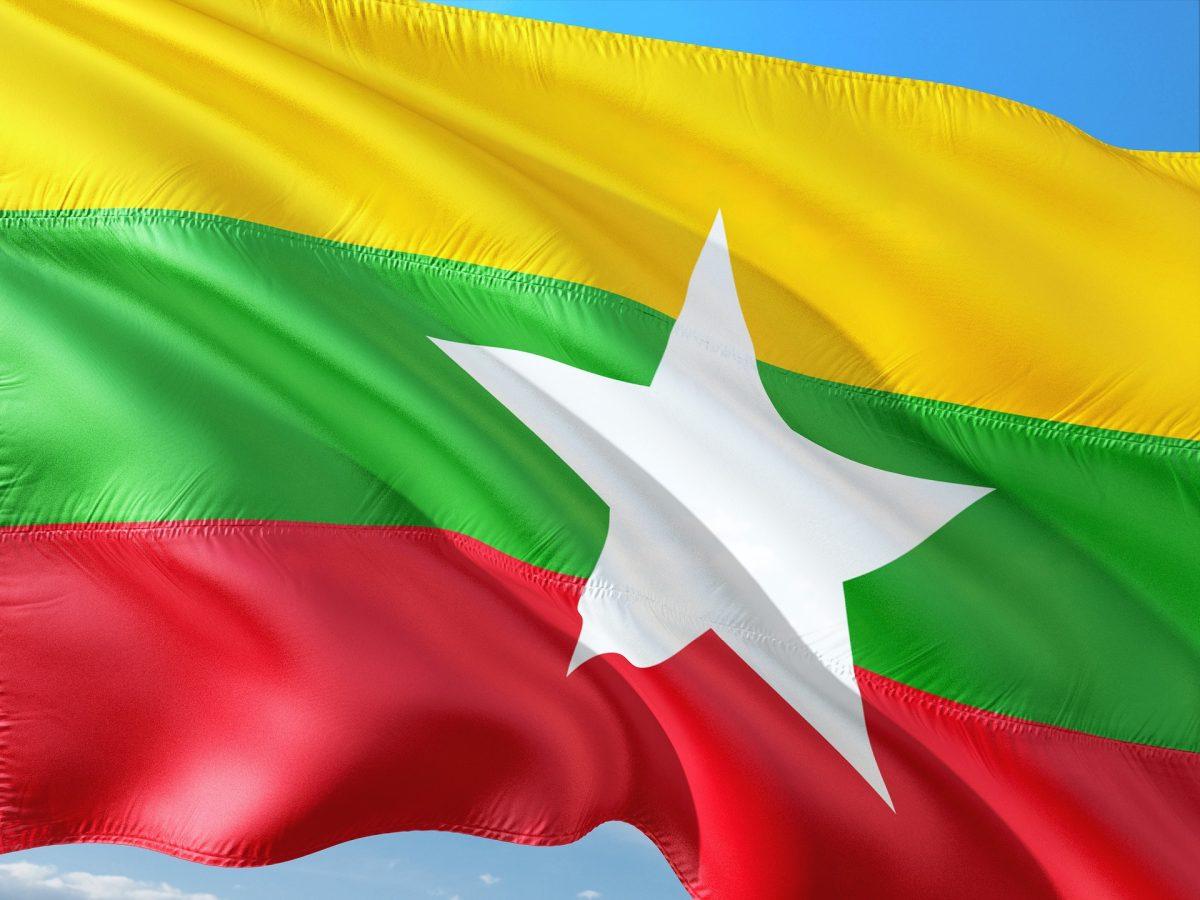On April 22, the Asian Studies Program held a virtual event that celebrates Asian-American and Pacific Islander Heritage Month. Although this is held in May, the festivities kicked off early due to the semester ending next week. Titled “Myanmar in the News: The February 1st Military Coup in Historical Context,” this event was co-sponsored by the Asian Studies Program, the history department, the Center for Interdisciplinary Studies, the International Studies Program, the Area Studies Program and the College of Humanities and Social Sciences.
On February 1, 2021, Myanmar’s military launched a coup against the civilian government of that country, removing democratically elected officials from office and declaring a one-year state of emergency. In the past two months, demonstrators against the coup have taken to the streets, culminating in widespread bloodshed and the massacre of hundreds of unarmed protestors.
Presented by Dr. Joshua Gedacht, visiting assistant professor of history, this conversation examined the background of historical events, democratic reforms in the past decade, the long struggle between Nobel Peace Prize Laureate Aung San Suu Kyi and the Myanmar military and the role of the Rohingya genocide in the current crisis.
Gedacht drew a comparison between presidential elections in the United States and Myanmar that shows how the violence may have erupted.
“I’m sure you all have some recollection of the November 3 elections between Donald Trump and Joe Biden in the United States,” Gedacht said. “Probably what you’re less familiar with is that five days after that election, there was also an election in Myanmar in southeast Asia.”
Considering the controversy that surrounded the elections in the United States, not much differed in Myanmar, where the number of votes grew exponentially.
“In Myanmar, the counting went faster,” Gedacht said. “You have this election five days afterwards, and on November 11, the official count certified that the ruling party of San Suu Kyi had won the election, and really won by a small margin. Her party had captured 397 out of 465 seats in Myanmar’s elections.”
Citizens had believed over time that voting fraud took place, which sparked outrage and anger. All over Twitter, there were claims of ballot boxes being stolen, limited access to the boxes, manipulation and disruption of the election. These accusations forced the military to depose the government.
“Things that maybe had been feared that the military could be asked to do in the United States were done in Myanmar,” Gedacht said.
On February 1, after the military deposed the government, it seized the major civilian elected rulers of Myanmar and assumed emergency power for one year. Amid official leaders being overthrown from their position, there was a swift reaction amongst citizens of Myanmar.
“It cites the 2008 Constitution as the reason for doing it,” Gedacht said. “They say there is fraud, and they say that the Constitution provides the ability to declare emergency rule. This kind of seizure of power, this disposing of the civilian leadership, does not go unanswered. It sparks wide ranging protests as well.”
While there have been intense moments that have changed the shift of power in Myanmar, Gedacht brings everything full circle.
“Obviously, if we’re trying to construct exact parallels, a lot of it breaks down,” Gedacht said. “The military in the United States avoided supporting or trying to oppress the January 6 protestors in the U.S. because they were afraid of being seen as supporting a coup.”
“So, they were only called in afterwards to support the Congressionally-approved election results,” Gedacht said. “But nonetheless, you can see how these combustible ideas about fraud, about who won elections and the military being involved can lead into unpredictable directions.”
For comments/questions about this story, email [email protected] or tweet @TheWhitOnline.

























































































































































!["Working with [Dr. Lynch] is always a learning experience for me. She is a treasure,” said Thomas. - Staff Writer / Kacie Scibilia](https://thewhitonline.com/wp-content/uploads/2025/04/choir-1-1200x694.jpg)









































